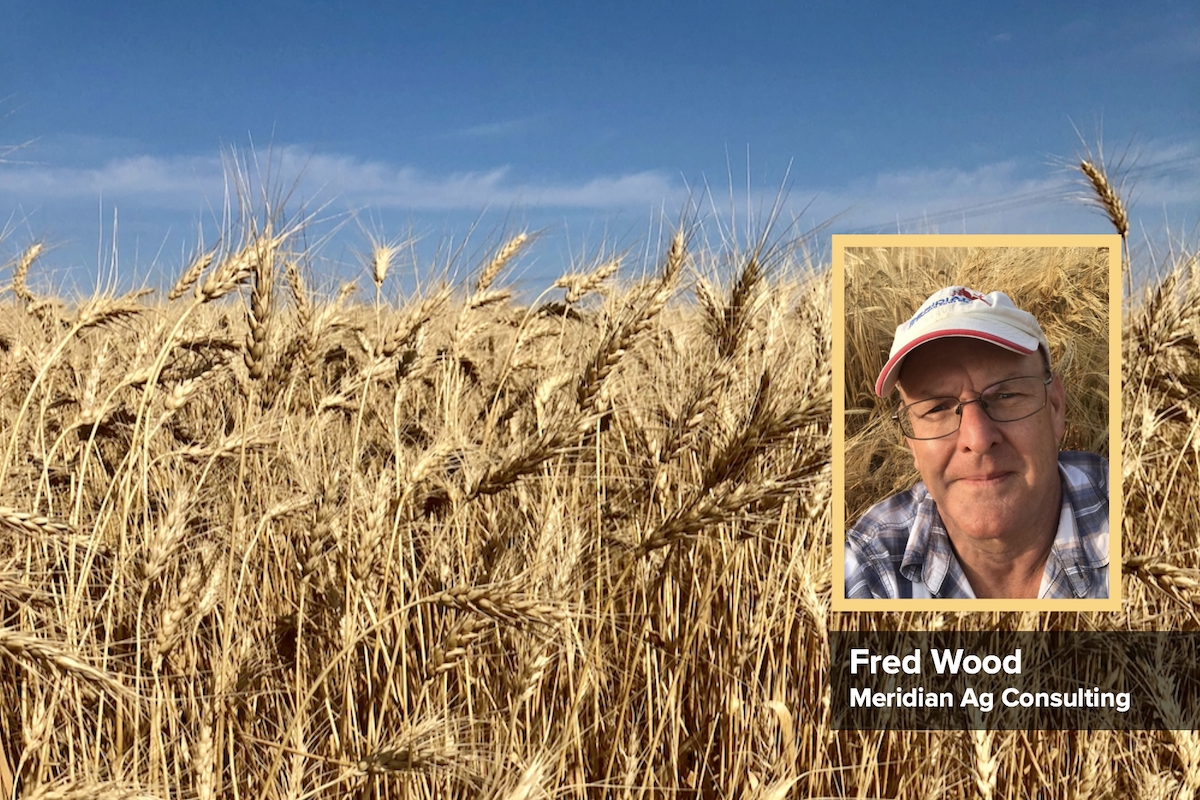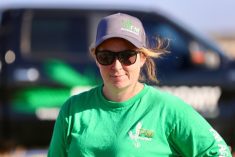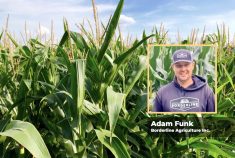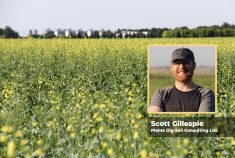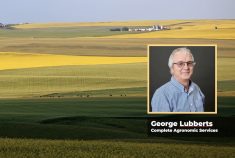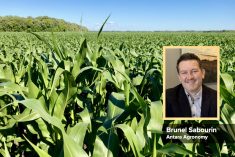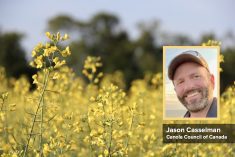What do agronomists wish farmers would ask for, or stop asking for, or understand better about their jobs? And how can farmers get the most out of their relationships with agronomists?
While ultimately the customer calls the shots, Country Guide asked a few Western Canadian consulting agronomists what they would like to see from their clients.
They said their wish lists include better communication, for clients not to be afraid to ask questions, not to hesitate to share data, and to communicate their goals and expectations.
Read Also
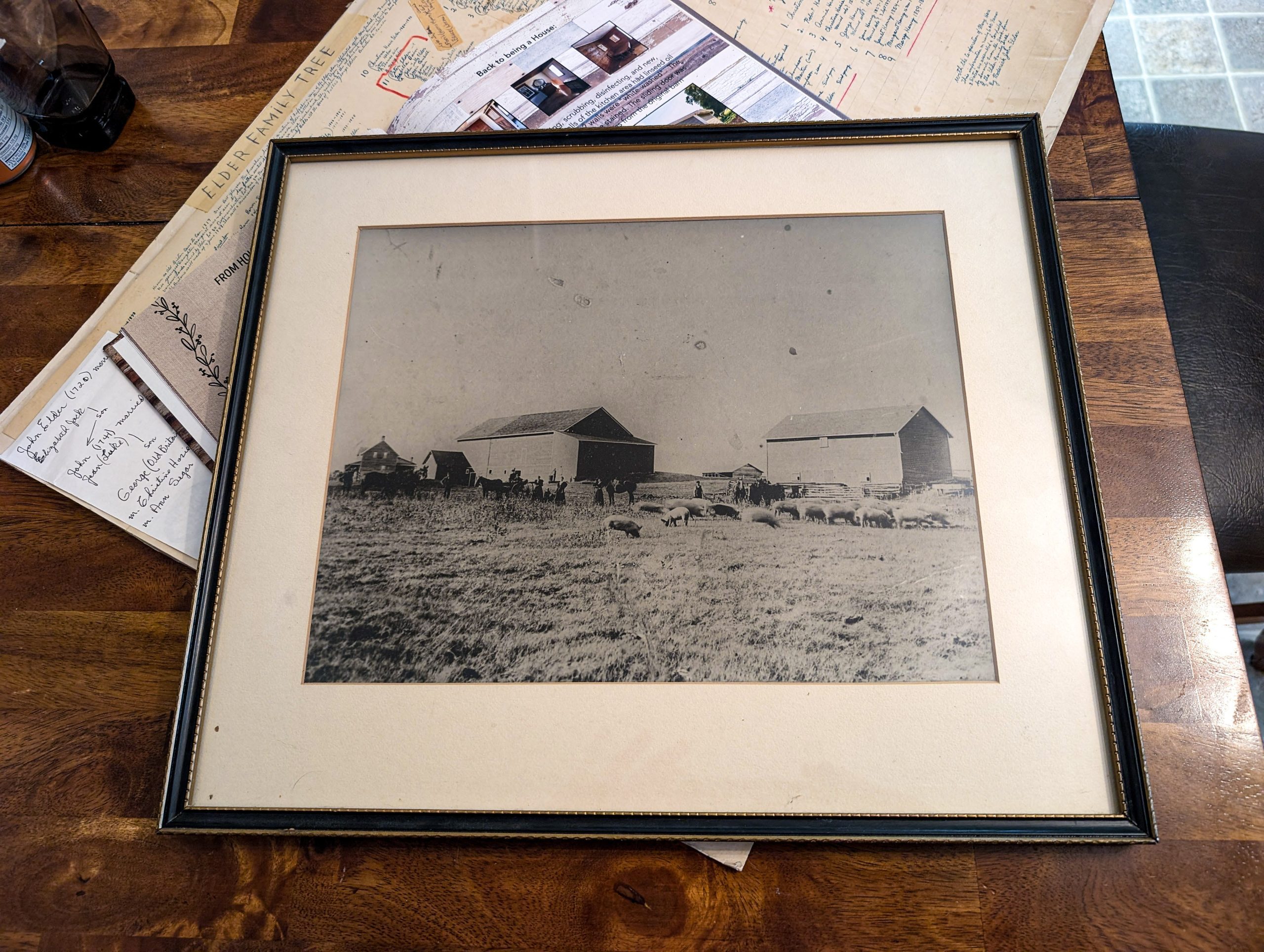
Why you should preserve your farm’s history
There was a big cast iron dinner bell in the middle of the farmyard where Maggie Van Camp grew up….
This series will provide insights from agronomists on how already good relationships and services might be made even better.
Fred Wood
Meridian Ag Consulting
Red Deer, Alta.
Long-time central Alberta agronomist Fred Wood says in the evolution of the consultant and farm client relationship “eventually you become friends.”
“As years pass you become part of the family,” says Wood. “You get to know when everyone’s birthday is. As generations age and often a new generation comes along, the farm changes as well. You get to know far more about the operation than just the agronomy.”
Through good communication channels, the agronomist should have a good understanding of where “the farm is at” and realize that each farm is different. The agronomist needs to understand each operation’s goals and objectives.
“An important question for farmers to ask the consultant is how often they will see them during the year,” says Wood. “If it is only two or three times a year, that is not enough.”
Wood, who works with clients primarily between Bowden and Bentley in west central Alberta, says at peak times of the year he is often checking fields every few days. To monitor the efficacy of herbicide treatment, for example, he makes the first field check after seven days and then again after 14 days to determine if products are working and to look for signs of herbicide resistance. “Depending on the situation I may be checking back on fields every three or four days,” he says.
When selecting a consulting agronomist, one other important screening tool producers should use is to ask if the agronomist is independent. Wood is a member of an organization known as the Alberta Independent Agronomy Consultants.
“One of the criteria to be a member of this organization is that the agronomist can’t sell any products,” says Wood. “We feel that is a conflict of interest.” He says that in dealing with some retailers and going to trade shows, he sees that everyone has a product they want to sell “and a lot of times I have no idea how these products are supposed to work,” he says. “I think a lot of times you’re looking at magic powders and fairy dust. Working with an independent agronomist, you get their unbiased advice and recommendations.”
Wood says in his experience there are no easy fixes or silver bullets. “For producers looking to optimize yield, for example, the biggest gains are to be made by properly applying the fundamentals of agronomy,” he says. “There may be some products that might give you a slight advantage, but first do your best with the basics, the proper timing, and application of the agronomic fundamentals.”
Wood also believes it is best for clients if the agronomist lives within close proximity to their growing area, rather than being 100 km or more away.

